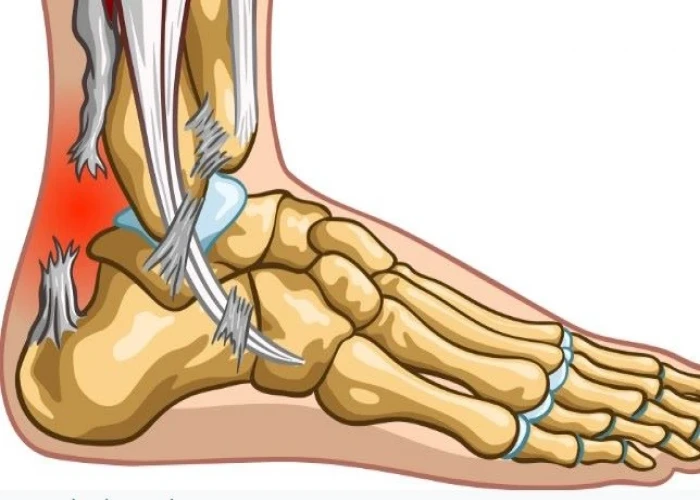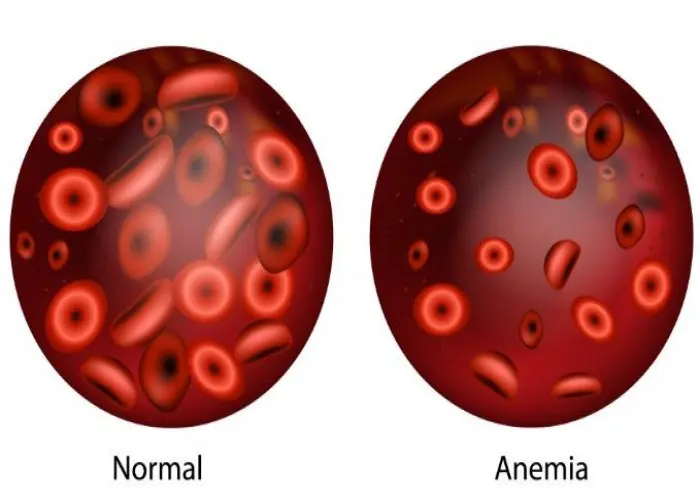 Welcome
Welcome
“May all be happy, may all be healed, may all be at peace and may no one ever suffer."
Anorexia nervosa

Anorexia nervosa is a mental health disorder characterized by an intense fear of gaining weight, a distorted body image, and a refusal to maintain a minimally normal body weight. People with anorexia nervosa often restrict their food intake, engage in excessive exercise, and may use other weight loss methods, such as purging, fasting, or the use of laxatives.
Anorexia nervosa has serious physical and psychological effects. Physically, it can lead to malnutrition, weakness, fatigue, electrolyte imbalances, and heart problems, among others. Psychologically, it can cause depression, anxiety, low self-esteem, and can have a negative impact on relationships and daily functioning.
Treatment for anorexia nervosa typically involves a combination of psychotherapy, nutritional counseling, and medical management. Psychotherapy can help individuals with anorexia nervosa understand and change the thoughts and behaviors that contribute to the disorder. Nutritional counseling can help individuals establish a healthy relationship with food and learn to eat in a balanced way. Medical management may include medications to treat co-occurring mental health conditions, such as depression or anxiety.
It is important to seek treatment for anorexia nervosa as soon as possible, as the longer the disorder goes untreated, the greater the risk for serious health problems and the more difficult it can be to treat. With appropriate treatment and support, many individuals with anorexia nervosa are able to recover and regain their health.
Research Papers
Disease Signs and Symptoms
- Weight loss
- Yellow skin
- Cold sensitive
- Irregular heartbeats (arrhythmia)
- Low blood pressure (hypotension)
- Dehydration
- Swollen arms or hands
- Withdrawal from friends and family
- Irritability
- Constipation
- Abdomen pain
- Extreme weight loss or not making expected developmental weight gains
- Abnormal blood counts
- Fatigue (Tiredness)
- Trouble sleep (insomnia)
- Dizziness (vertigo)
- Fainting (syncope)
- Brittle or fragile hair that easily pulls out
- Absence menstruation
- Reduced sexual desire
Disease Causes
Anorexia nervosa
The exact cause of anorexia is unknown. As with many diseases, it's probably a combination of biological, psychological and environmental factors.
- Biological. Although it's not yet clear which genes are involved, there may be genetic changes that make some people at higher risk of developing anorexia. Some people may have a genetic tendency toward perfectionism, sensitivity and perseverance — all traits associated with anorexia.
- Psychological. Some people with anorexia may have obsessive-compulsive personality traits that make it easier to stick to strict diets and forgo food despite being hungry. They may have an extreme drive for perfectionism, which causes them to think they're never thin enough. And they may have high levels of anxiety and engage in restrictive eating to reduce it.
- Environmental. Modern Western culture emphasizes thinness. Success and worth are often equated with being thin. Peer pressure may help fuel the desire to be thin, particularly among young girls.
Disease Prevents
Anorexia nervosa
There's no guaranteed way to prevent anorexia nervosa. Primary care physicians (pediatricians, family physicians and internists) may be in a good position to identify early indicators of anorexia and prevent the development of full-blown illness. For instance, they can ask questions about eating habits and satisfaction with appearance during routine medical appointments.
If you notice that a family member or friend has low self-esteem, severe dieting habits and dissatisfaction with appearance, consider talking to him or her about these issues. Although you may not be able to prevent an eating disorder from developing, you can talk about healthier behavior or treatment options.
Disease Treatments
Treatment for anorexia is generally done using a team approach, which includes doctors, mental health professionals and dietitians, all with experience in eating disorders. Ongoing therapy and nutrition education are highly important to continued recovery.
Here's a look at what's commonly involved in treating people with anorexia.
Hospitalization and other programs
If your life is in immediate danger, you may need treatment in a hospital emergency room for such issues as a heart rhythm disturbance, dehydration, electrolyte imbalances or a psychiatric emergency. Hospitalization may be required for medical complications, severe psychiatric problems, severe malnutrition or continued refusal to eat.
Some clinics specialize in treating people with eating disorders. They may offer day programs or residential programs rather than full hospitalization. Specialized eating disorder programs may offer more-intensive treatment over longer periods of time.
Medical care
Because of the host of complications anorexia causes, you may need frequent monitoring of vital signs, hydration level and electrolytes, as well as related physical conditions. In severe cases, people with anorexia may initially require feeding through a tube that's placed in their nose and goes to the stomach (nasogastric tube).
Care is usually coordinated by a primary care doctor or a mental health professional, with other professionals involved.
Restoring a healthy weight
The first goal of treatment is getting back to a healthy weight. You can't recover from anorexia without returning to a healthy weight and learning proper nutrition. Those involved in this process may include:
- Your primary care doctor, who can provide medical care and supervise your calorie needs and weight gain
- A psychologist or other mental health professional, who can work with you to develop behavioral strategies to help you return to a healthy weight
- A dietitian, who can offer guidance getting back to regular patterns of eating, including providing specific meal plans and calorie requirements that help you meet your weight goals
- Your family, who will likely be involved in helping you maintain normal eating habits
Psychotherapy
These types of therapy may be beneficial for anorexia:
- Family-based therapy. This is the only evidence-based treatment for teenagers with anorexia. Because the teenager with anorexia is unable to make good choices about eating and health while in the grips of this serious condition, this therapy mobilizes parents to help their child with re-feeding and weight restoration until the child can make good choices about health.
- Individual therapy. For adults, cognitive behavioral therapy — specifically enhanced cognitive behavioral therapy — has been shown to help. The main goal is to normalize eating patterns and behaviors to support weight gain. The second goal is to help change distorted beliefs and thoughts that maintain restrictive eating.
Medications
No medications are approved to treat anorexia because none has been found to work very well. However, antidepressants or other psychiatric medications can help treat other mental health disorders you may also have, such as depression or anxiety.
Treatment challenges in anorexia
One of the biggest challenges in treating anorexia is that people may not want treatment. Barriers to treatment may include:
- Thinking you don't need treatment
- Fearing weight gain
- Not seeing anorexia as an illness but rather a lifestyle choice
People with anorexia can recover. However, they're at increased risk of relapse during periods of high stress or during triggering situations. Ongoing therapy or periodic appointments during times of stress may help you stay healthy.
Disease Diagnoses
Disease Allopathic Generics
-
Vitamin B complex
1 capsule 2 times a day after meals.
- Multivitamin & Multimineral
-
Nandrolone Phenylpropionate
Adults should be given 1 intramuscular injection per week.
-
Pancreatin
1 serving after meals. (7-15 days)
-
Ranitidine Hydrochloride
1+0+1.
-
Sennosides
Take 2 pills at night after going to bed.
-
Bisacodyl
Take 4 spoonfuls of medicine at night before going to bed.
-
Diazepam
1 pill 2 times a day for 15 days according to age.
Disease Ayurvedic Generics
Disease Homeopathic Generics
Disease yoga
Anorexia nervosa and Learn More about Diseases

Impacted wisdom teeth

Median arcuate ligament syndrome (MALS)

Voice disorders

Iron deficiency anemia

Liver disease

Hirsutism

Generalized anxiety disorder

Premature ejaculation
Anorexia nervosa, Anorexia symptoms, Atypical anorexia, নার্ভাস ক্ষুধাহীনতা
To be happy, beautiful, healthy, wealthy, hale and long-lived stay with DM3S.
